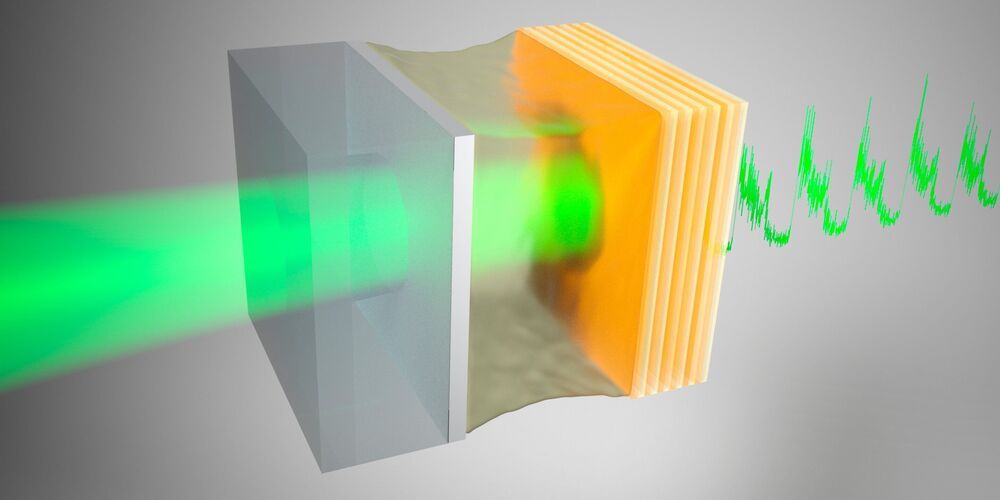Signals can be amplified by an optimum amount of noise, but stochastic resonance is a fragile phenomenon. Researchers at AMOLF were the first to investigate the role of memory for this phenomenon in an oil-filled optical microcavity. The effects of slow non-linearity (i.e. memory) on stochastic resonance were never considered before, but these experiments suggest that stochastic resonance becomes robust to variations in the signal frequency when systems have memory. This has implications in many fields of physics and energy technology. In particular, the scientists numerically show that introducing slow nonlinearity in a mechanical oscillator harvesting energy from noise can increase its efficiency tenfold. They have published their findings in Physical Review Letters on May 27th.
It is not easy to concentrate on a difficult task when two people are having a loud discussion right next to you. However, complete silence is often not the best alternative. Whether it is some soft music, remote traffic noise or the hum of people chatting in the distance, for many people, an optimum amount of noise enables them to concentrate better. “This is the human equivalent of stochastic resonance,” says AMOLF group leader Said Rodriguez. “In our scientific labs, stochastic resonance happens in nonlinear systems that are bistable. This means that, for a given input, the output can switch between two possible values. When the input is a periodic signal, the response of a non-linear system can be amplified by an optimum amount of noise using the stochastic resonance condition.”
